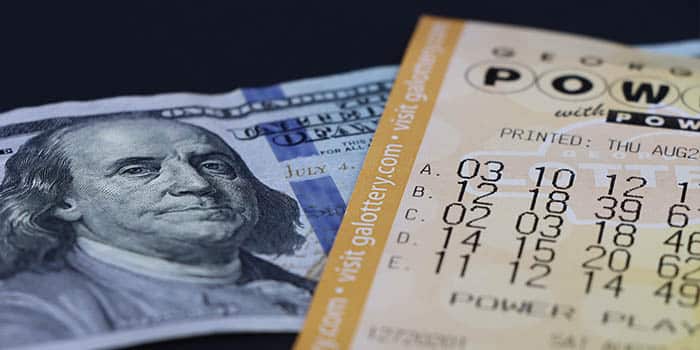Fact-checked by Stoyan Todorov
Kalshi Seeks Dismissal in Ho-Chunk Nation Sports Betting Suit
Kalshi argues that the tribe cannot bring a lawsuit under the Indian Gaming Regulatory Act because Kalshi is not a party to the tribal-state compact

A legal battle is heating up in federal court as the Ho-Chunk Nation challenges prediction-market operator Kalshi and its distribution partner Robinhood.
Tribe Claims Kalshi, Robinhood Encroach on Tribal Sovereignty With Online Gambling
The Ho-Chunk Nation tribe claims these companies are running an illegal gambling operation that encroaches on tribal sovereignty. The lawsuit filed in August in the Western District of Wisconsin, focuses on two key issues: whether Kalshi‘s sports-related contracts qualify as Class III gambling under federal law, and whether the tribe has the right to bring the lawsuit in the first place.
The tribe says Kalshi and Robinhood have set up an online sportsbook on tribal lands by letting users across the country, even those on reservations, bet on sports results. In its first complaint, the Nation said the companies’ event-based contracts looked just like regular sports betting, breaking the Indian Gaming Regulatory Act (IGRA) and the tribe’s own deal with Wisconsin. It argues that the platforms’ quick growth, boosted by ads on social media, has stepped on tribal toes and weakened long-standing regulatory powers.
Kalshi has taken steps to stop the case before it moves forward. In a document filed on November 21, the company asked the court to throw out the lawsuit for good. Kalshi claims the tribe cannot sue under IGRA because Kalshi is not part of the tribal-state agreement.
Kalshi Points to California Ruling in Bid to Dismiss Wisconsin Tribal Lawsuit
The company brought up a recent decision in California where three tribes did not succeed in getting a federal judge to stop Kalshi’s operations. Kalshi says the Wisconsin complaint says many of the same things and is based on what the company called in its brief a wrong idea: that tribes can make outside businesses follow agreements beyond reservation borders.
Kalshi stuck to its guns, saying IGRA’s rules let tribes sue when specific compact terms are broken, something the Ho-Chunk Nation has not pointed out. Its legal team argued that even if the tribe thought Kalshi’s contracts were not allowed, that by itself would not give them grounds to sue. Kalshi claimed the federal government can challenge such activity.
The company also stressed that the Commodity Exchange Act governs its exchange, with the Commodity Futures Trading Commission as the regulating body. This sets its contracts apart from regular gambling, Kalshi said. It pointed out that the key action happens where Kalshi does business, New York and Delaware, not wherever a user might be.
The Ho-Chunk Nation must respond to the dismissal request by December 19. Once Kalshi replies, Judge William Conley will decide if the case moves forward. This Wisconsin lawsuit is one of many, with similar legal battles happening in Nevada, New Jersey, Massachusetts, and Maryland. These cases test how federal law applies to the changing world of prediction markets.
Silvia has dabbled in all sorts of writing – from content writing for social media to movie scripts. She has a Bachelor's in Screenwriting and experience in marketing and producing documentary films. With her background as a customer support agent within the gambling industry, she brings valuable insight to the Gambling News writers’ team.

















